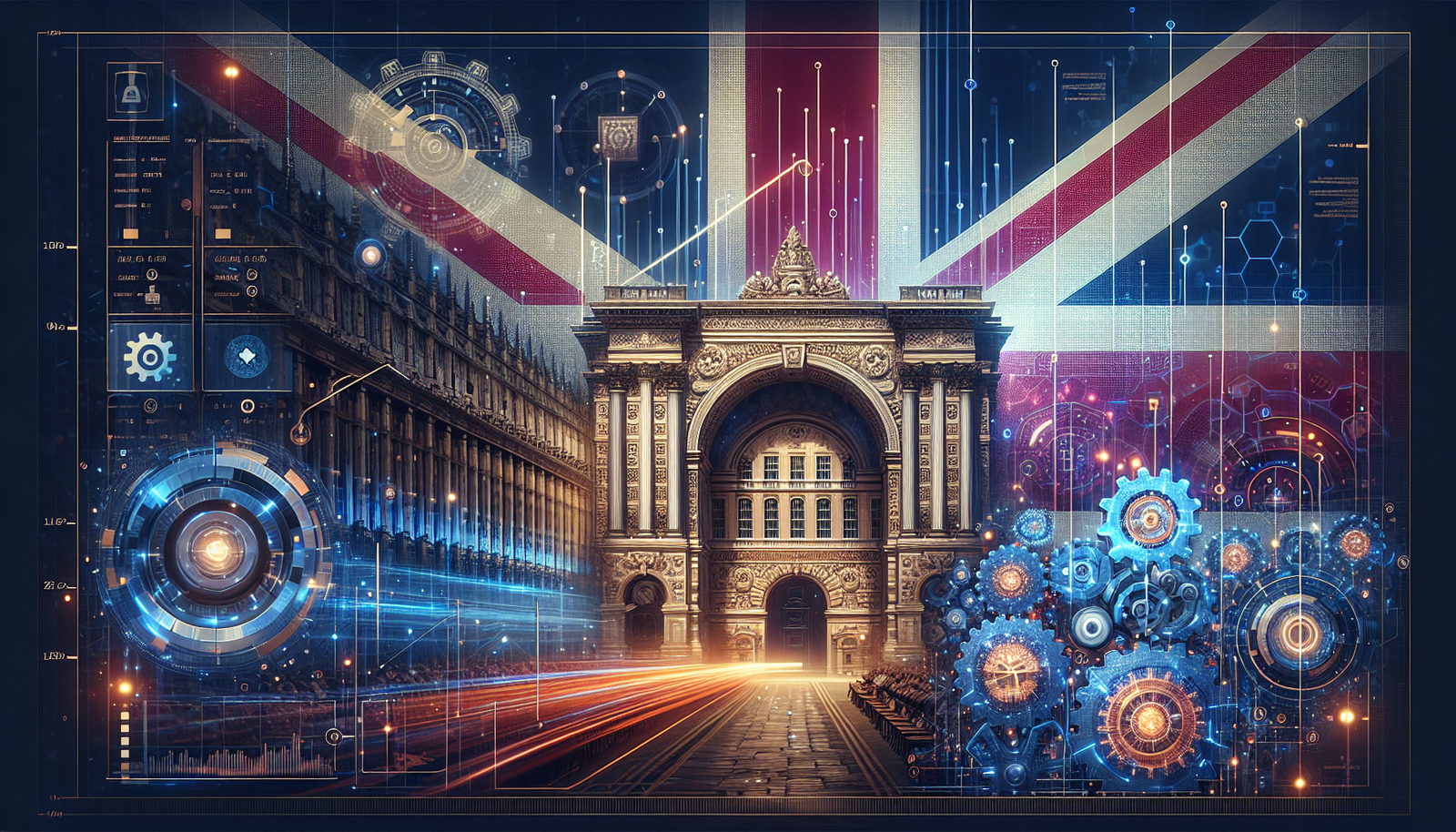British AI Pioneers Awarded
The recent Nobel Prize in Physics 2024 has highlighted the significant contributions of the British scientific community to artificial intelligence. Researchers Geoffrey Hinton and John Hopfield have been honored for their work on neural networks, a fundamental field that has led to spectacular advances in the understanding and functioning of AI systems. The recognition of their efforts demonstrates the lasting impact of the United Kingdom on this dynamic sector.
The Academic Legacy of the United Kingdom
The United Kingdom has always been a fertile ground for innovation in artificial intelligence. Oxford University, one of the most prestigious institutions in the world, has trained brilliant minds over the decades, often at the forefront of research. Additionally, high-level academic programs have emerged in other notable institutions such as Imperial College London and Cambridge University, thus establishing a connection between advanced theories and practical applications.
The Hinton-Hopfield Revolution
Geoffrey Hinton, often referred to as the “godfather of AI,” has played a crucial role in the rise of neural models. His earlier work, which enabled the development of deep learning, paved the way for a multitude of applications, from natural language processing to image analysis. At the same time, John Hopfield contributed to formalizing the theoretical concepts of neural networks, allowing for improved learning algorithms and their efficiency.
Nobel Awards: A Symbol of British Excellence
Nobel awards are not just a validation of individual work. They embody a celebration of collective advances in science. The victory of Hinton and Hopfield illustrates how British innovation can inspire future generations and solidifies the role of the United Kingdom as a leader in the field. The combined work of these two researchers shows how the interaction between theory and practice can lead to fundamental discoveries.
A Future Driven by Technological Integration
The recognition of Hinton and Hopfield fits into a broader context where artificial intelligence continues to transform various sectors of society. Fields such as health, finance, and education benefit from advanced analytical tools, stemming directly from innovations in artificial intelligence. Technology not only allows for the optimization of operations but also enhances decision-making.
The Challenges Ahead
Despite these successes, ethical questions remain surrounding the application of AI. Concerns about data protection, privacy, and the societal impact of such technologies are at the center of current debates. Rigorous governance is paramount to navigate this complex ecosystem. Technology experts and policymakers must work together to ensure the responsible development of these powerful tools.
The British Legacy in AI
The recent Nobel awards highlight one clear thing: The British legacy in artificial intelligence is well entrenched. The achievements of researchers and the support from academic institutions ensure that the United Kingdom continues to play a leading role in the evolution of this sector. Future generations of researchers will be called upon to build on this legacy, ensuring that innovation and excellence remain at the core of their efforts.
FAQ on Nobel Awards and British Excellence in Artificial Intelligence
What are the British contributions to the development of artificial intelligence recently recognized by the Nobel Prizes?
The British contributions to the development of artificial intelligence include the research of pioneers like Geoffrey Hinton, who won the Nobel Prize in Physics for his work on neural networks, thus highlighting the significant impact of the United Kingdom in this field.
How do the Nobel Prizes influence the perception of excellence in artificial intelligence in the United Kingdom?
The Nobel Prizes reinforce the perception of excellence in artificial intelligence in the United Kingdom by highlighting the monumental achievements of its researchers, which attracts more attention and resources towards AI development in the region.
What specific works have been awarded the Nobel Prize in the field of artificial intelligence?
The works that have been awarded include those of Geoffrey Hinton and John Hopfield, who revolutionized our understanding of neural networks and their applications in artificial intelligence, contributing to major advances in this sector.
Why are British innovations in artificial intelligence crucial for the future of technology?
British innovations in artificial intelligence are crucial as they provide solutions to modern complex problems, improve efficiency across various sectors, and foster technological advancements that shape the future of AI on a global scale.
What is the impact of the Nobel Prizes on young British researchers in artificial intelligence?
The Nobel Prizes have a significant impact on young British researchers in artificial intelligence by serving as a model and inspiring the new generation to engage in innovative research, aiming for excellence and contributing to scientific advancement.
How do advancements in artificial intelligence in the United Kingdom compare to those in other countries?
Advancements in artificial intelligence in the United Kingdom are often considered among the best in the world, competing with countries like the United States and China, thanks to renowned researchers, cutting-edge research institutions, and a dynamic technological ecosystem.
What role do British institutions play in promoting artificial intelligence through the Nobel Prizes?
British institutions play a key role by supporting cutting-edge research and providing a conducive environment for innovation, enabling their researchers to stand out on the international stage, as evidenced by recognition through the Nobel Prizes.






